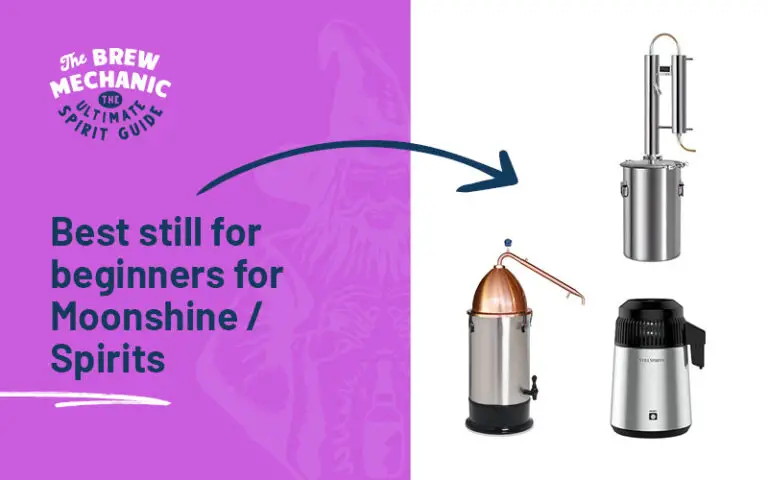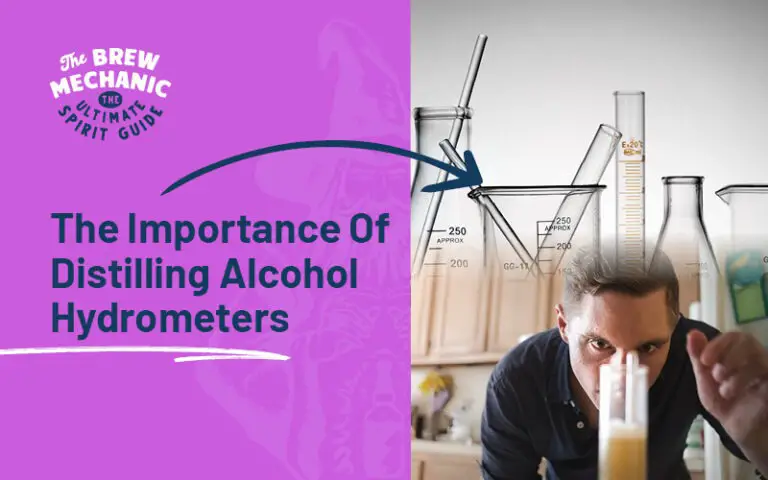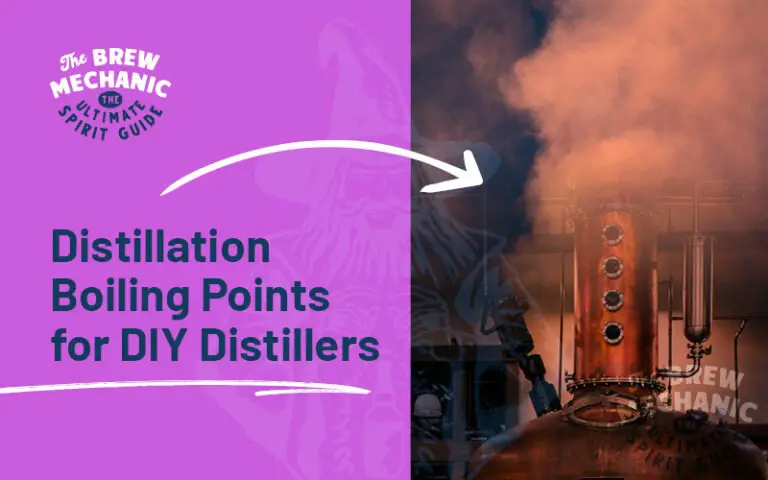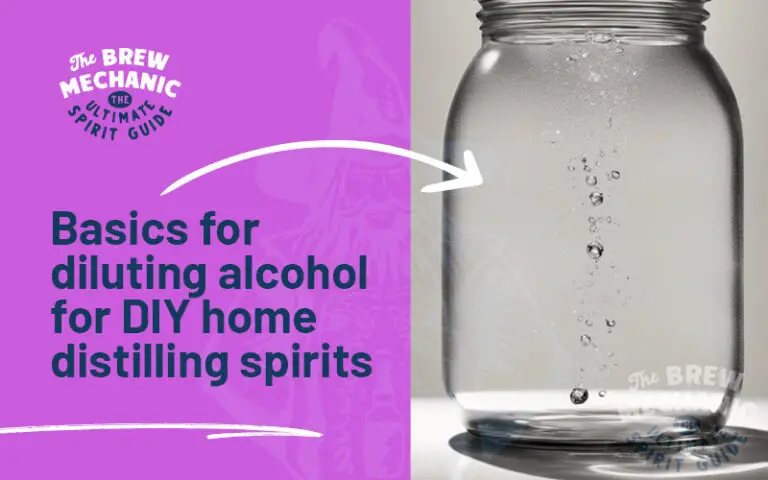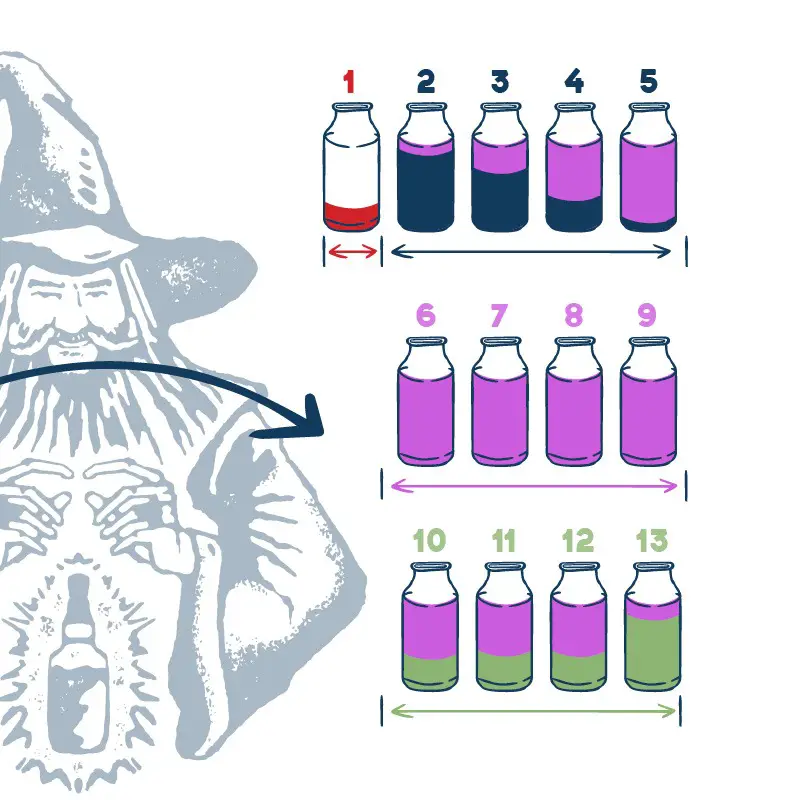Dangers of distilling alcohol – Safety Tips!
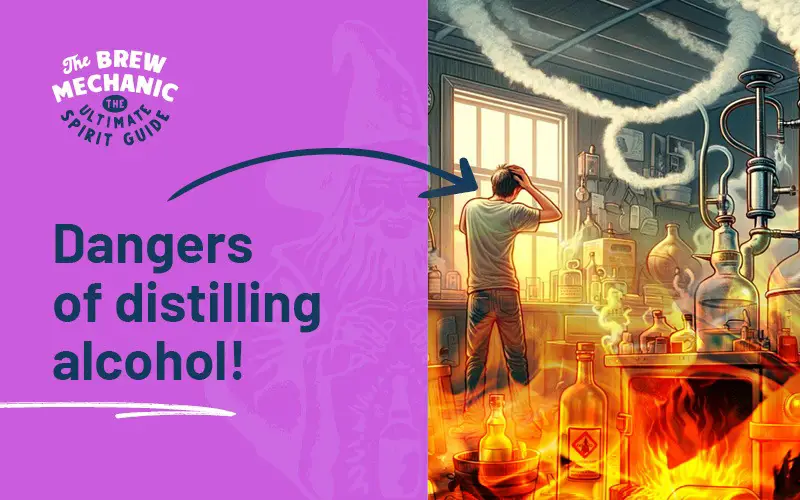
Disclaimer: This post might include affiliate links, through which I may earn a small commission without any extra cost to you. Additionally, I am an Amazon Associate and earn from eligible purchases. All the products and services I suggest are ones I have personally used or would use. Thank you very much for your support if you decide to buy through any of my links!
Come join the Distilling Squad!
Get the best fundamental tips & tricks here. Woohoo!
There are strict rules to follow when distilling alcohol with a reflux column and pot still during the distillation process to get the distilled spirit at a high quality. Understanding the dangers of distilling alcohol is essential for making your own alcohol.
When doing a sugar wash or mash the fermentation process must be followed carefully in order to make a successful ferment. A successful ferment will give you good yields and conversions to alcohol.
The dangers of distilling alcohol safety considerations for home distilling
When it comes to safety there are no borders between beginners or competent distillers.
Quality control at home DIY Distillation for ethanol / moonshine
The dangers of moonshine due to methanol
Like with everything in life, there is a risk with every action we take. But the risks will be minimal once you understand the dangers of moonshine or distilling that comes with it. As you learn the foundations of the distilling process from yeast, and vapor to distillation, distilling at home becomes an absolute joy to do. You can make vodka, whiskey, brandy and you name it from the sugarwash or mash used.
We want your finished product to be high quality, so maybe one day you could open up a distillery or actually just be confident in your process of making moonshine or neutral spirits once you understand the dangers of distilling alcohol. We wish you the best.
Download our Cleaning Checklist
Last Updated on Nov 19, 2023 by The Brew Mechanic
Disclosure: I may receive affiliate compensation for some of the links below at no cost to you if you decide to purchase a product or service. You can read our affiliate disclosure in our privacy policy. The information provided is for entertainment only.

With 35 years of knowledge of being a chemical engineer in alcohol manufacturing plants, my mission is to teach the next generation of home distilling alcohol brewers at a supernatural speed.
My reviews are based on real-life experiences with reflux stills, sugar wash, troubleshooting and mystical chemical reactions.

